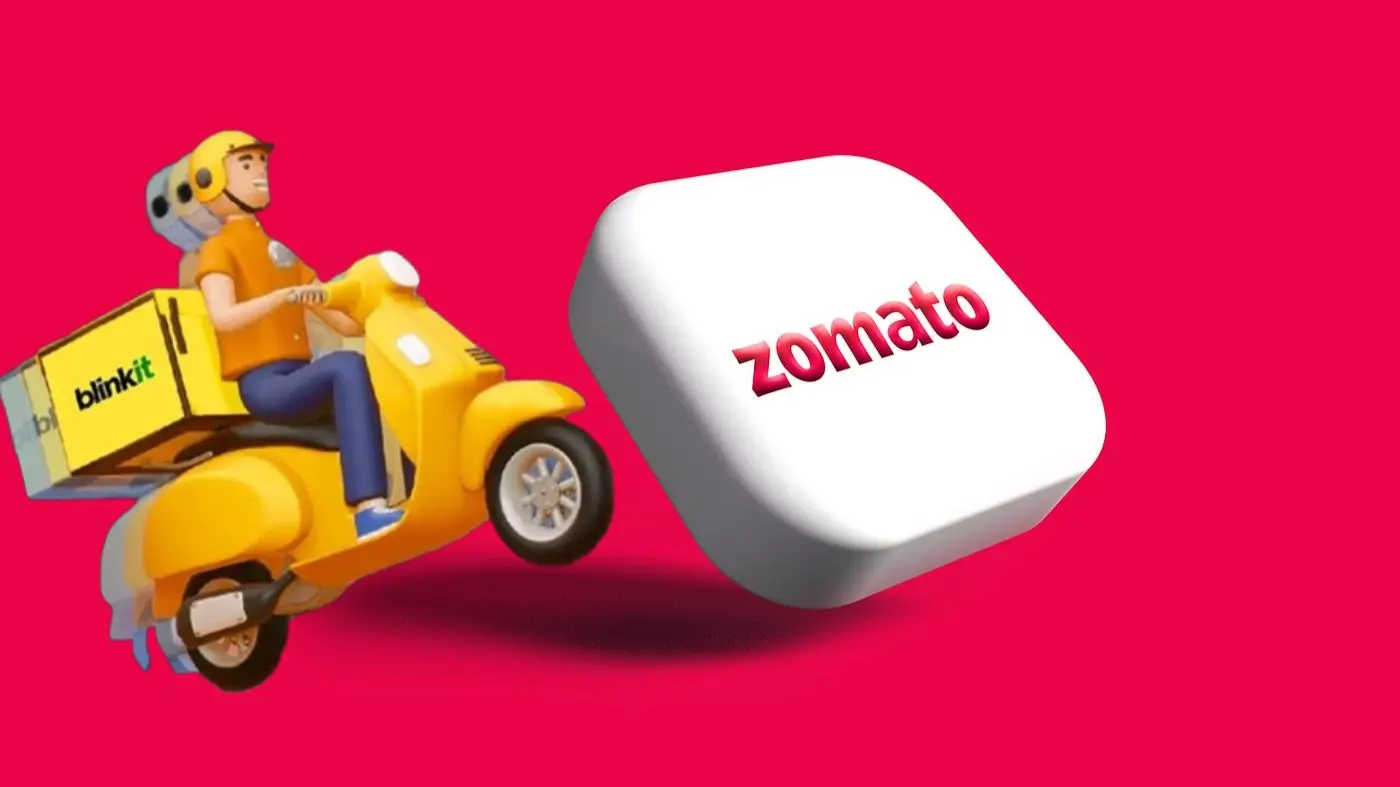Zomato Introduces Food Rescue Feature, Offering Discounted Cancelled Orders to Users

Zomato has launched a new feature in India called Food Rescue, designed to help reduce food waste by allowing users to purchase cancelled orders from nearby restaurants at discounted prices. The initiative aims to ensure that food that would otherwise go to waste can be salvaged and enjoyed by other customers. Through this feature, users will be able to claim recently cancelled orders, which will be delivered in their original packaging and within a short time frame. However, the feature will only apply to select food items, and certain items like ice creams and shakes will be excluded due to their perishable nature.
The Food Rescue feature works by making recently cancelled orders visible to users within a 3-kilometre radius of the delivery partner. These orders are available for a limited time, and users can claim them on a first-come, first-served basis. Once a cancelled order becomes available on the app, it can be quickly snapped up, but it won’t be accessible to the original customer or those in their immediate area. This system ensures that the food doesn’t go unclaimed and helps prevent waste, benefiting both customers and the restaurants involved.
Zomato has also outlined the payment process for this new feature. If a cancelled order has already been paid for online, the amount paid by the new customer will be shared between the restaurant and Zomato, with the platform only retaining the necessary government taxes. This makes the feature not only eco-friendly but also an efficient way for restaurants to recoup some of the costs associated with cancellations. It provides customers with a chance to grab a meal at a discounted price while still ensuring the original restaurant partner gets compensated.
By introducing Food Rescue, Zomato is tackling the growing issue of food waste in a unique and practical way. With the rise of food delivery platforms, cancellations have become an unfortunate part of the process, often leading to wasted food that could have been consumed. This initiative not only benefits the environment but also provides a new opportunity for consumers to enjoy meals at a lower price, making it a win-win situation for all parties involved.

















